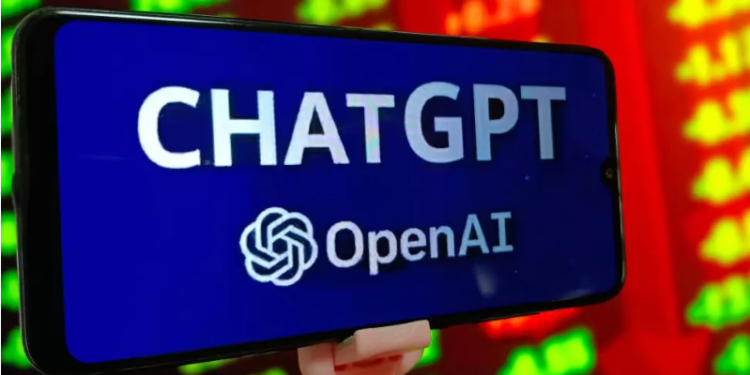In Italy, access to the ChatGPT chatbot has been restored.
The Italian data protection authority prohibited it at the beginning of April due to privacy concerns.
OpenAI, which is backed by Microsoft, claimed to have “addressed or clarified” the concerns expressed.
It stated that its privacy policy is now accessible to users before they register for ChatGPT and that there is a new age verification utility.
The Italian data protection authority, also known as Garante, had temporarily restricted the chatbot and initiated an investigation into the suspected violation of the artificial intelligence application.
As Garante accused OpenAI of failing to validate the age of ChatGPT’s users, who are required to be at least 13 years old, OpenAI stated it would provide a tool to verify users’ ages upon registration in Italy.
OpenAI explained that it would also provide a new form for users in the European Union to exercise their right to object to its use of personal data to train its models.
The Italian regulatory agency informed the BBC that it “welcomed the measures OpenAI implemented” but demanded even greater compliance.
Particularly, the spokesperson stated, “implementation of an age verification system and planning and execution of an information campaign to inform Italians of what occurred and their right to opt-out of the processing of their personal data for training algorithms.”
Garante stated that it would continue its “fact-finding activities regarding OpenAI under the auspices of the European Data Protection Board’s ad hoc task force.”
OpenAI appreciates the Garante’s collaborative spirit, according to a spokesperson, and will continue constructive discussions.
ChatGPT has been utilised by millions of individuals since its launch in November 2022.
It can respond to queries using language that is natural and human-like, and it can imitate other writing styles.
Microsoft has invested billions of dollars into it, and Bing added it last month.
Microsoft has also stated that it will incorporate a version of the technology into its Office applications, such as Word, Excel, PowerPoint, and Outlook.
Bard, Google’s rival artificial-intelligence chatbot, is now accessible, but only to users older than 18.














































